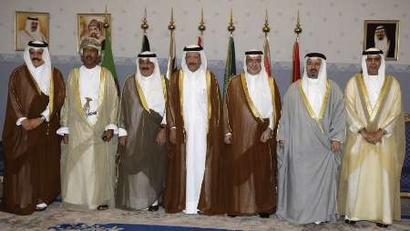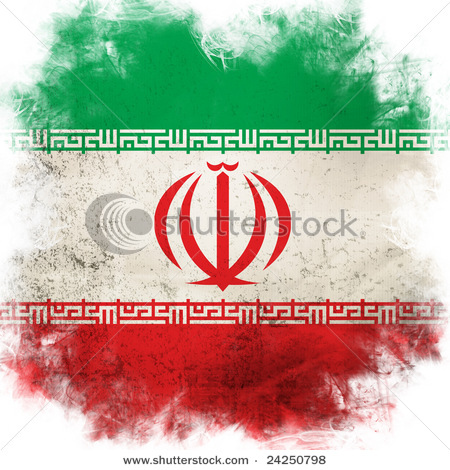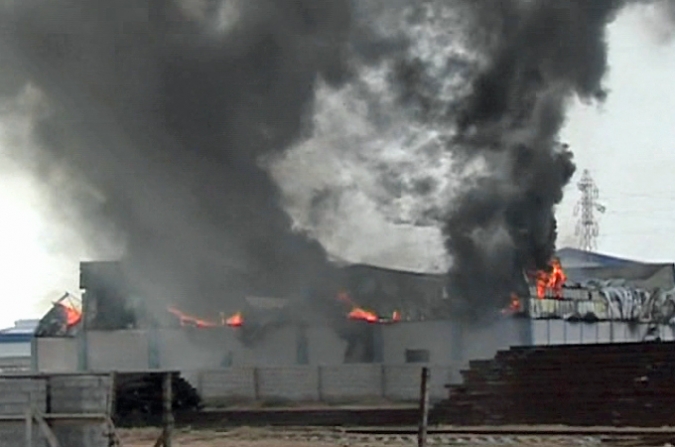Syria (and Beyond) Live Coverage: Fighting Across the Country
A 9-minute video of street fighters in the Midan section of Damascus on Monday
See also Syria Analysis: It's Not Quite "The Battle for Damascus"...But It's An Important Fight
Bahrain Snapshot: The Curious Tale of The American and $11 Million in Cash --- What Does It Mean?
Monday's Syria (and Beyond) Live Coverage: Fighting in Damascus
1935 GMT: Syria. A map of Damascus, a snap shot posted by the Syrian Uprising 2011 Information Centre:
 click for larger image
click for larger image
A snapshot of what is happening in Damascus now. The modern city centre is marked in Green. Strong opposition areas where clashes are reported are marked in Red. Military bases are marked as trucks, intelligence bases as question marks while flags show important government building such as parliament, ministries and Ba'ath Party buildings.
The map is visually striking, but if we were to make our own, it would show an even stronger presence of opposition fighters and popular support in some of those blank areas. Some of the area between the green and the eastern red is also a conflict zone, but the presence of military soldiers and armored vehicles has kept the peace so far today. Also, some of the areas northeast of the green are also heavily embattled. Though these areas are not "opposition strongholds" per se, just because they have not been filled in does not mean that the regime has significant there. By the same token, none of the areas in red are in opposition control, but they have a large presence of opposition fighters, and popular support for the opposition in many of these areas is overwhelming.
 Ahmed Abd al-Khaleq,
Ahmed Abd al-Khaleq,  Bahrain,
Bahrain,  Egypt,
Egypt,  Hillary Clinton,
Hillary Clinton,  Issa Duba,
Issa Duba,  Jen Marlowe,
Jen Marlowe,  Oman,
Oman,  Qatar,
Qatar,  Sultan Qaboos,
Sultan Qaboos,  Syria,
Syria,  UAE,
UAE,  al-Islah
al-Islah 





